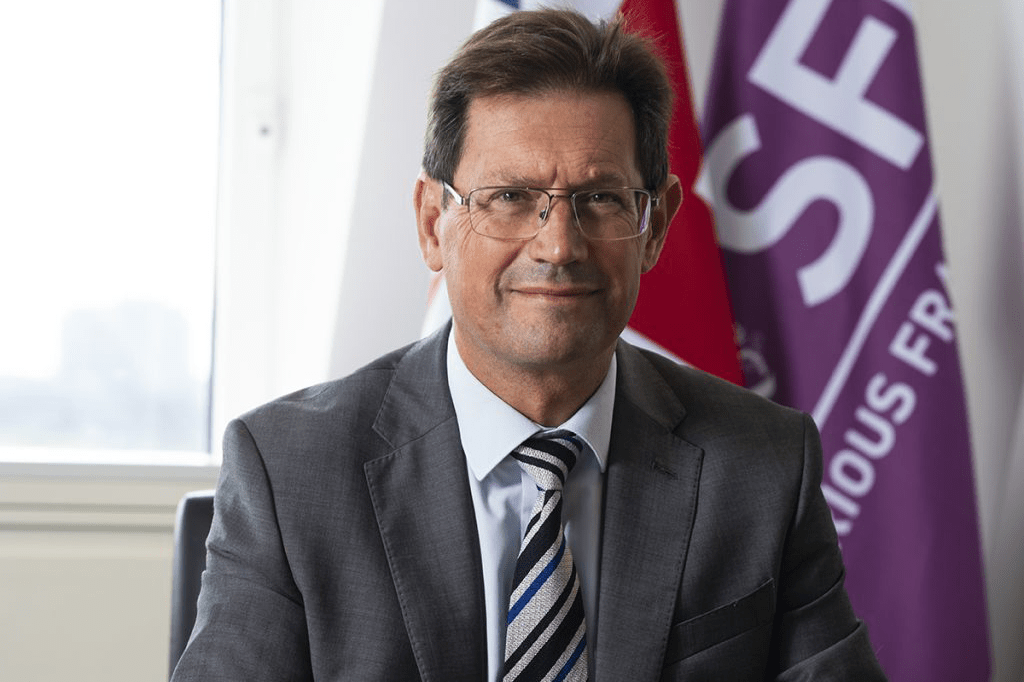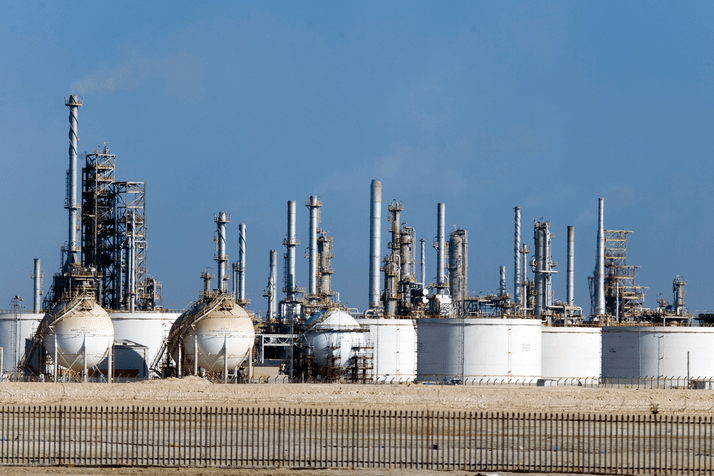Mr Jaber is also a minister in the UAE and has served two tenures as its climate envoy. The appointment has proven controversial with many critics pointing to the conflict of interest inherent in leading one of the world’s biggest oil extraction companies while chairing a climate change conference. Mr
Register for free to keep reading
To continue reading this article and unlock full access to GRIP, register now. You’ll enjoy free access to all content until our subscription service launches in early 2026.
- Unlimited access to industry insights
- Stay on top of key rules and regulatory changes with our Rules Navigator
- Ad-free experience with no distractions
- Regular podcasts from trusted external experts
- Fresh compliance and regulatory content every day













